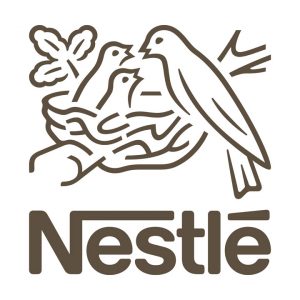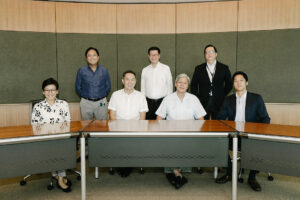Nestlé seeks passage of law on responsible plastic use

NESTLÉ Philippines, Inc. pressed Malacañang to sign the consolidated legislation on extended producer responsibility (EPR) to help sustainability efforts in the country.
In a statement on Monday, the company said it is hoping that President Rodrigo R. Duterte will sign the law, adding that EPR seeks to establish a circular economy, which seeks to produce minimal waste.
“As the country’s first multinational fast-moving consumer goods company to achieve plastic neutrality — recovering plastic waste equivalent to what it puts out in the market — Nestlé Philippines fully supports the consolidated legislation on EPR for plastic waste, and hopes it will be signed into law by President Duterte,” the company said.
“We congratulate the authors and sponsors of this EPR legislation which we have consistently advocated. Its enactment into law will be a major step in building a waste-free future and a circular economy. Our vision is that none of our packaging, including plastics, ends up in landfills, oceans, lakes, or rivers, or as litter,” Nestlé Philippines Chairman and Chief Executive Officer Kais Marzouki said.
In May, Congress ratified the consolidated version of House Bill 10696 and Senate Bill 2425 as the working draft for the bill seeking to hold enterprises accountable for the life cycle of their products, especially in its post-consumer or end-of-life stage. The bill is currently awaiting the signature of Mr. Duterte.
The bill also seeks to manage plastic packaging waste such as sachets, labels, laminates, and other flexible plastic packaging products, whether single or multi-layered; rigid plastic packaging products; plastic bags for carrying or transporting of goods and provided or utilized at the point of sale; and polystyrene.
According to Nestlé Philippines, it seeks to make its packaging fully recyclable or reusable by 2025. The company is utilizing a holistic approach to plastic waste, which has three focus areas, namely: developing the packaging for the future via packaging and delivery innovation and plastic reduction; assisting to shape a waste-free future with increased collection and recycling; and driving new behaviors and understanding through solid waste management (SWM) education.
Nestlé Philippines also collected 48 million kilograms of plastic waste from August 2020 to May 2022, adding that the company transitioned to paper straws for its locally manufactured ready-to-drink products.
It also developed the first SWM education modules to be distributed across 20,000 public schools across the country.
“Even as we pursue economic, social and environmental sustainability, Nestlé has embarked on a journey of regeneration: to help protect, renew and restore the environment, improve the livelihoods of farmers, and enhance the resilience and well-being of communities and consumers. Putting into practice EPR on plastic waste will be a landmark development for sustainability and regeneration,” Mr. Marzouki said. — Revin Mikhael D. Ochave




